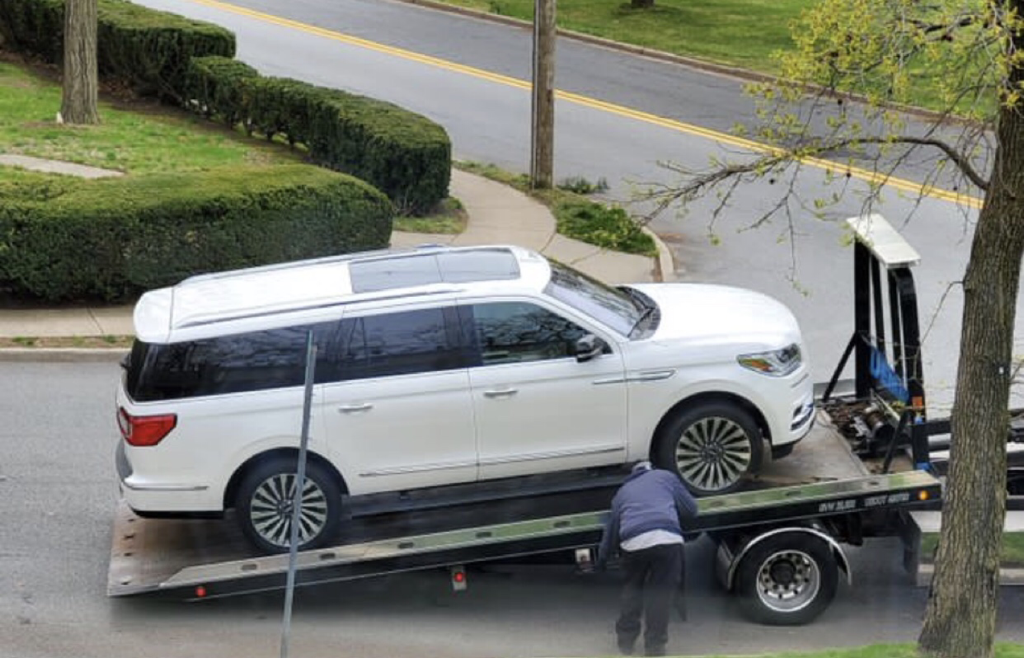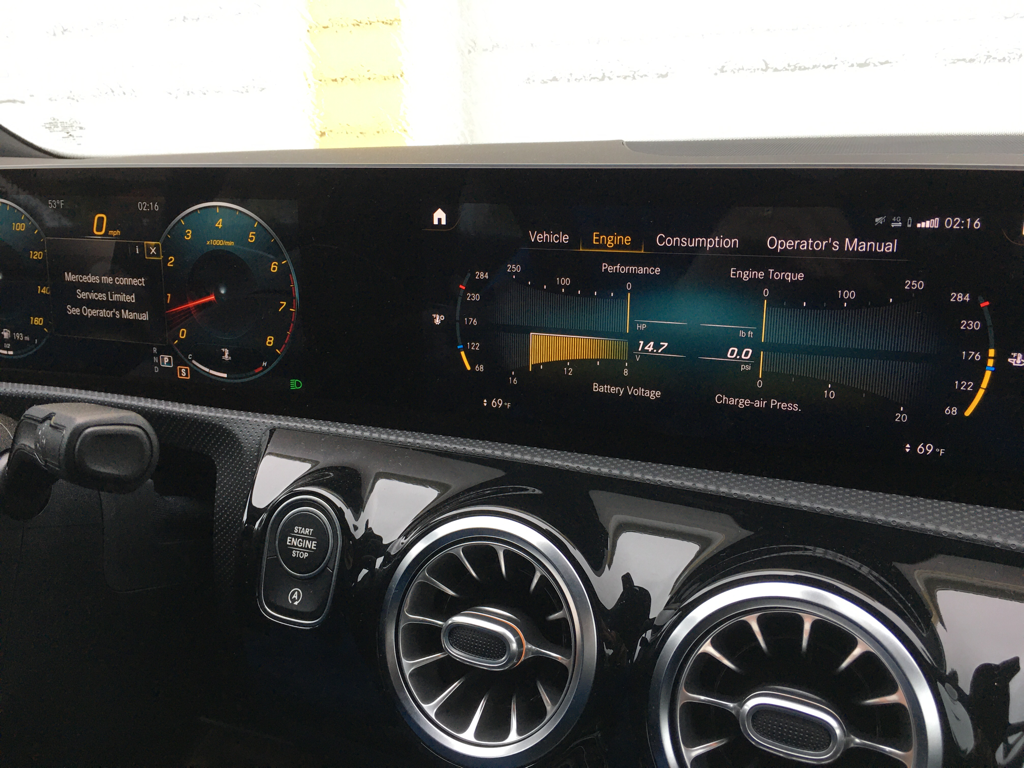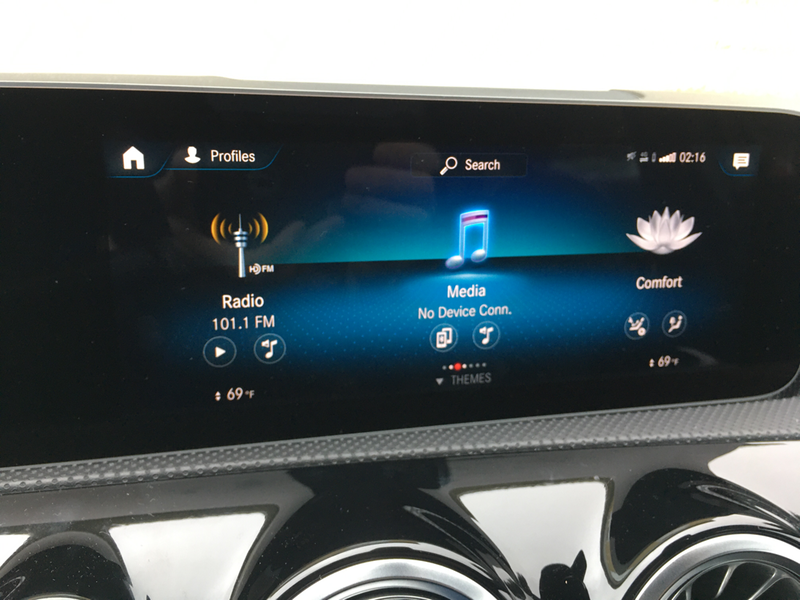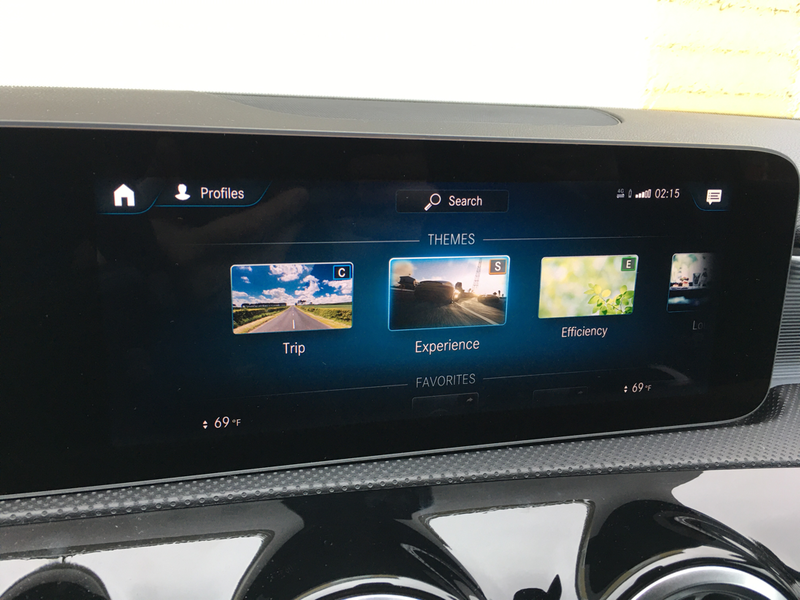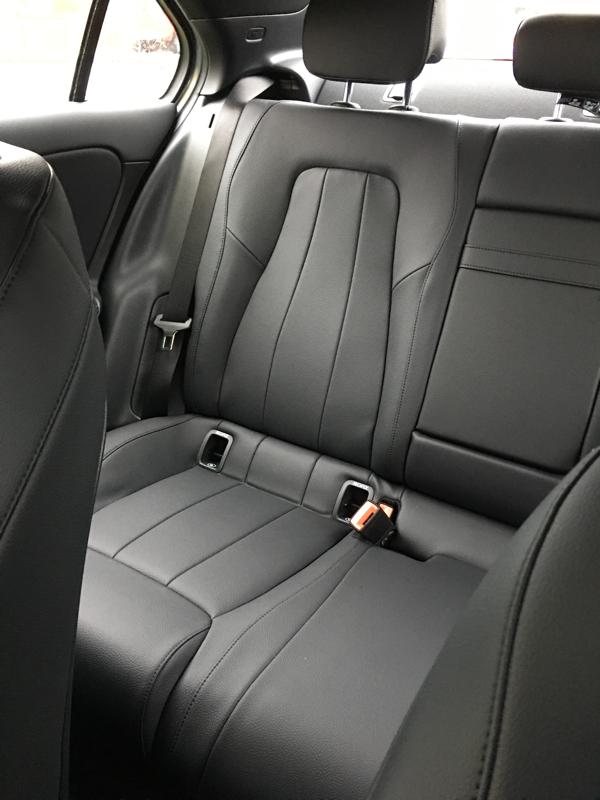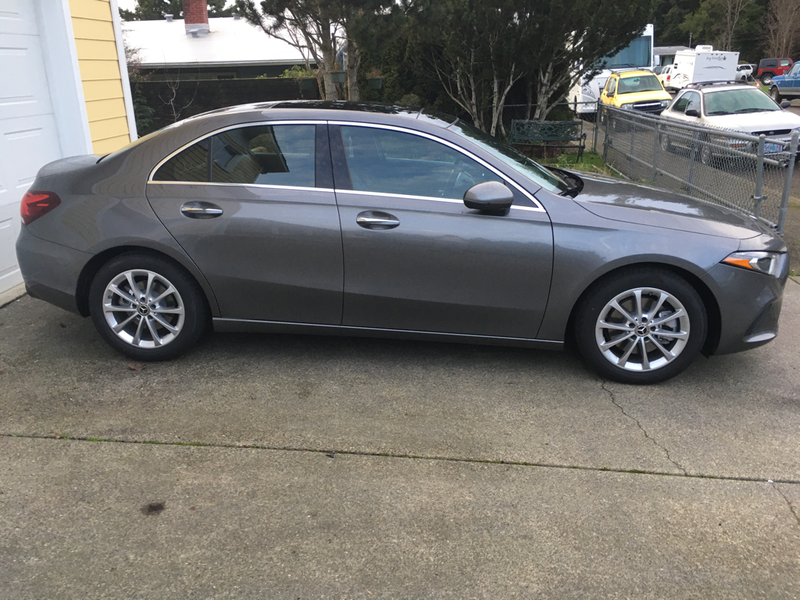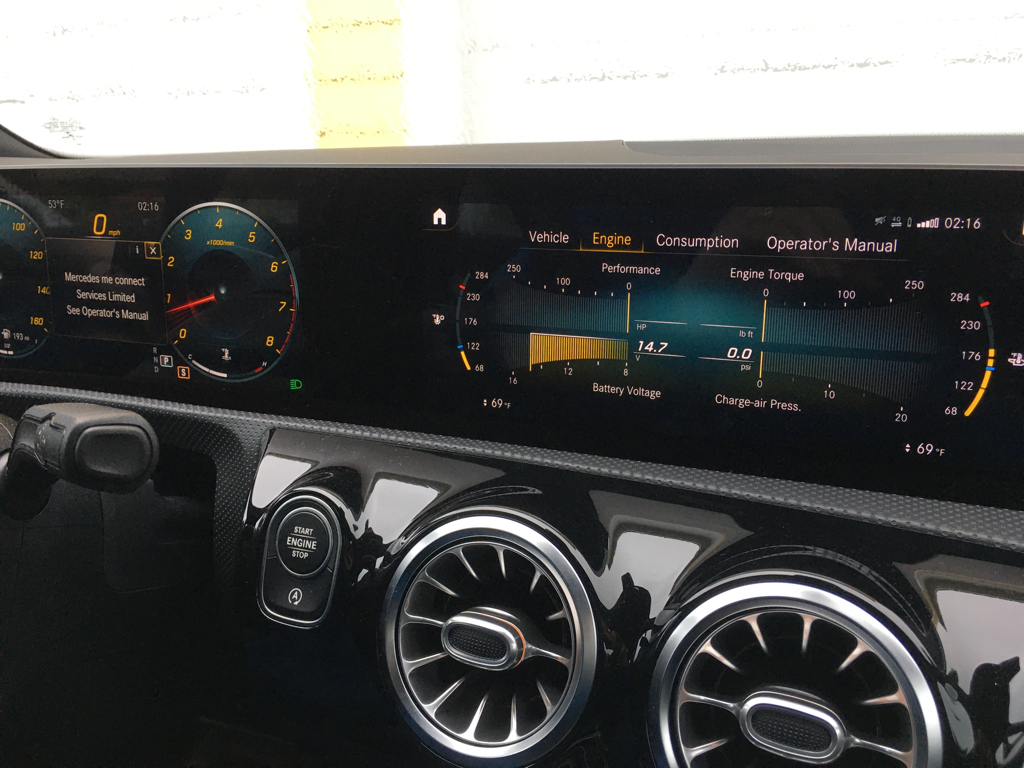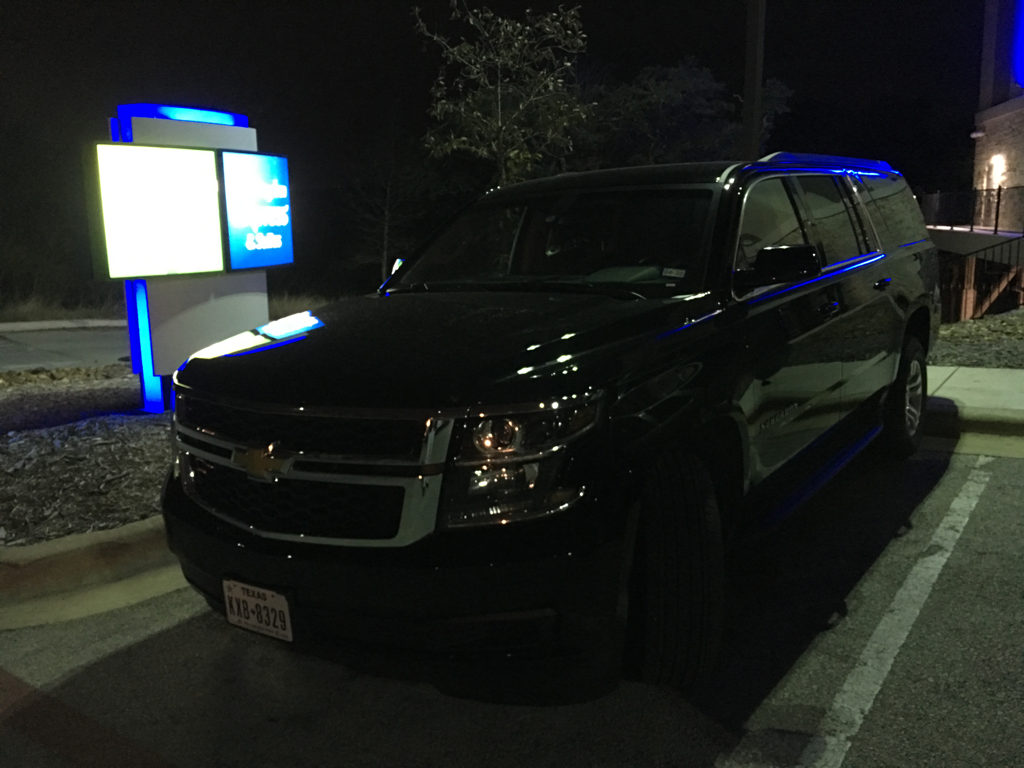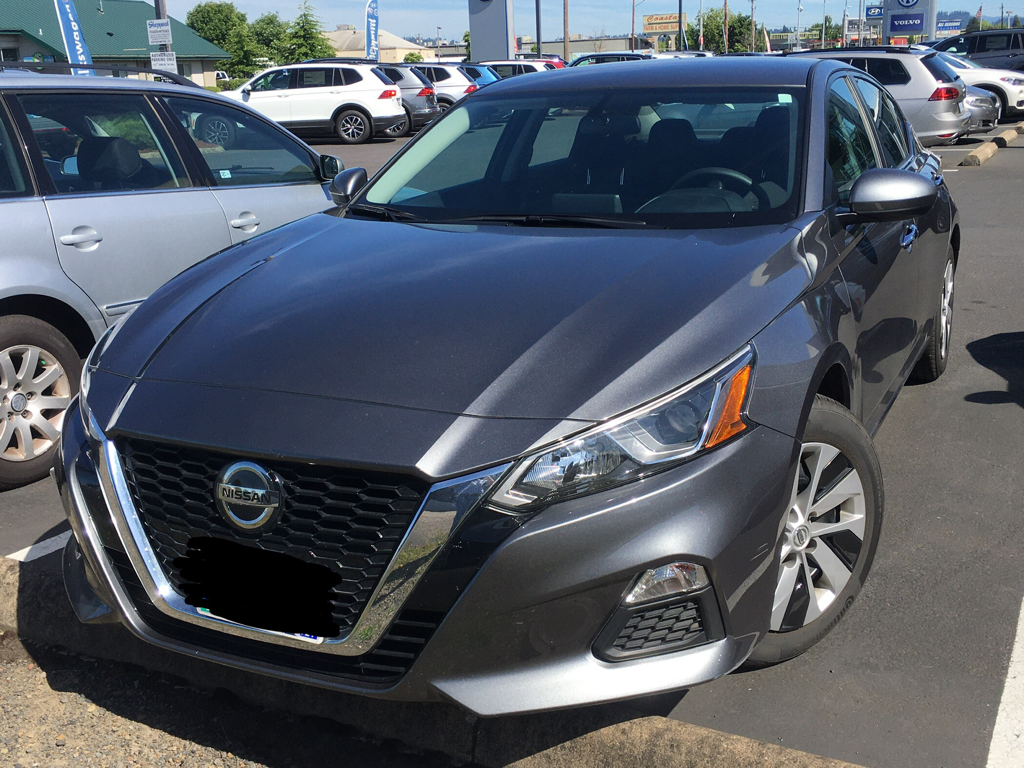China really began the push behind EV's years ago, as they have become a larger auto market than the US or anyone else in the world. When China set mandates that companies needed to meet, automakers jumped to meet them, as to not miss this monumental opportunity to cash in on the number one auto market. Unfortunately, China knew that this decision would carry influence throughout the world. Sure enough, we currently have a POTUS (Biden) pushing an aggressive EV mandate and many European countries are pushing EV mandates as well.
While cars are made all over the world, a good portion of battery components and rare earth material ingredients that go inside them will continue to give the Chinese a clear money-making advantage into the future. The Chinese government doesn't let environmental issues get in the way and they have worked their way into many developing countries to mine and purchase these precious and dirty materials, at the cost of the environment. The Chinese sell these rare earth ingredients to battery makers around the globe.
Is the EV market competitive with traditionally fueled vehicles? In my opinion, I'd say no, but that question would depend on a person's needs and expectations. If you are planning to merely drive your EV around town and don't mind spending more money for the style then you could rationalize that move.
Most of the media and the manufacturers would have you expect to spend less time and money on an EV as an owner/leaser. That may only be true for those who demand very little of their vehicles or use them in primarily high-traffic environments. The savings on maintenance is figured from no further engine maintenance and less money on fueling your car.
Unfortunately, In reality, you may spend more on electricity than you would on fuel. This is especially true if you charge up while away from home, frequently using the quick charger option. The rapid (or quick) charge option destroys your battery's life and it will cost you more in other ways as well. Car & Driver mentioned the energy costs (May 2021) regarding their 2019 Tesla. They said that their quick charging habit came with a premium cost, which worked out to a whopping $9 for only one gallon in equivalent energy of gas! If you're buying your EV to save on fuel, you'd better stay close to home.
No matter what the EV auto manufacturers claim, lithium Ion battery technology in 2021 is unfortunately still quite disappointing in many important aspects.
Lithium-Ion batteries are very flammable and have been prone to self-ignition. We've seen that in laptops, cell phones, anything that uses lithium-ion batteries. Chevy is the latest EV to have issues with their Bolt spontaneously catching fire, they have an ongoing recall, involving all of their vehicles. Lithium-ion batteries are also notoriously more difficult to extinguish if they become damaged and catch fire. They are known to reignite after being extinguished, sometimes many hours later.
"Li" batteries are also very vulnerable to outside temperature variations, especially cold weather, which can dramatically reduce the expected driving range by 40% or more. In fact, Car and Driver reported their 2019 "Tesla Model 3 Long Range" lost 50 Percent of its driving range in the cold Michigan weather. So, when you see the promised "300-mile ranges" or whatever it may be, don't forget to deduct 50% in cold weather and up to another 29% in overall capacity before your warranty on the battery kicks in. That will leave you with 11%. Too many people take for granted that our conventional liquid-fueled vehicles provide not only luxury but also a real element of needed security in dangerous weather conditions.
Those of us that use laptops or cell phones with lithium-ion technology, like my iPhone 12 also know that batteries start dying on day one. Sure, the EV manufacturers may say that they offer a long 8- 10 year warranty on the battery, but what does that really mean? Well, among the commonly less-noticed details is that they most often cover the battery starting at a certain storage capacity point. In the new 2022 Ford Lightning, for example, the warranty comes into effect after the battery has dropped below 70% storage ability. Thirty percent loss in capacity is a big deal for most people, so this issue alone should weed out serious drivers. Just for example again, Car & Driver reported a 7% loss of capacity on their Model 3 Long Range, which they said worked out to a loss of 23 miles from its original "310-mile range". I'm not trying to pick on Tesla, but this illustrates that even Tesla, which is seen currently as the world's most established and the Gold Standard in the EV market, has a ways to go to compete with conventionally fueled vehicles. Loss of battery capacity is a common complaint of EV drivers who depend on their cars, which is why manufacturers mention this in their warranty literature.
When, or if new battery technology arrives we should expect that our current electric chargers may, most likely need a major retrofitting to work with the new, non- lithium battery technology or scrapped altogether. That move could leave current battery-powered vehicles in a real pinch or slow new technology from progressing. This is a side effect of governments involving themselves with mandates. The market is effectively sabotaged by not waiting for the needed technology to catch up. This will no doubt create more costs and waste resources in the long run.
In the short term, while we have a huge, worldwide chip shortage I'll point out that EVs require far more chips than conventionally fueled vehicles. Just a conventional fueled vehicle, depending on its features may reportedly require two or three thousand computer chips. No doubt, a difficult time to produce any vehicle, especially EVs.
Over the coming years, as EV's become more common, long lines at many charging stations will become a reality. Because, in part, it still takes 30 minutes to charge your battery, even in "quick" mode. Sparks of frustration at the E-charger are bound to occur. In fact, this is already true in many cities where some have plugged in their EV while parked on the street or parking lot and have walked away for long periods before returning, leaving other EV owners furious with the uncertainty of when the charger will be available. Some EV users have returned to their vehicles, only to see them unplugged and mostly uncharged.
If mandates are pushed and held, charging lines, in some locations, could stretch down city blocks and be a regular occurrence near many EV charger stations, especially in cold weather scenarios.
The more we spend on current Lithium-Ion battery chargers, the more we will spend to replace this old technology, at some point in the future. Community charging stations, especially in the larger cities will suffer the same unfortunate fate as many telephone booths once did and ATMs still do, vandalized to "out of service".
It's also worth pointing out that our electric grid in many places of our country will see noticeable spikes in electric rates in the near future and an increasingly unreliable power supply, especially on the west coast. Just think, currently, only about 2% of cars sold are full EVs, imagine what misery it would bring if the 50% EV sales goals are mandated into reality by our politicians!
Just one EV carries enough electricity in its battery pack to match or eclipse the Kilowatt power needs of a home for several hours. Consider the thousands of EV's throughout a given city or state, some parked at airports, hotels, and outside homes. Consider electricity that will be wasted to fill these batteries when the temperature drops. Depending on the temperature, as much as half of the battery's energy is lost! We know that batteries leak electricity with the best of conditions and they leak their energy faster as the temperature drops, perhaps half of their capacity on a freezing day. Just think of the huge waste of electricity when people who have their EV's parked outside (as recommended) when cold weather hits. So much electricity wasted, wasted on absolutely nothing, and wasted over and over again as cold days repeat. Thousands of EVs are losing half the energy that was previously charged into them, over perhaps just a few hours time. How environmentally friendly is that? Green is probably the last word I would use to describe an EV. In reality, these vehicles are certainly no friend to the environment.
EV's are healthier though, right? Consider that given the option many people would rather avoid buying a home under a high voltage power line, or not spend any longer than needed with a cell phone pushed up to their head. At the same time, many people wouldn't hesitate to sit in and drive an EV that is constantly surrounded by high voltage electricity. Will there be long-term health effects from spending hours a day in traffic with an EV? Time will tell, although EV's are only adding more Kw's as time moves on.
EVs can be fun to drive and convenient for short drives, much the same way a golf cart is. Like a golf cart, EVs are typically a tool for the rich, or for a certain business, with little long-term practical use for anyone else. EV's are very rarely the lone car in a household, they are far more often purchased as an extra vehicle, with other, traditional powered vehicles available. People who don't need to depend on their EV's as the sole mode of transport are the happiest of EV owners.
Sooner or later I believe the populace will discover what I've mentioned. When that happens, who knows, we could either focus again on traditional fueled vehicles, hydrogen, or even go the way of the trusted and proven horse. Horses, after all, are known to deliver their rider sober of not, conscious or not, back home without the shaky software of today's cars. Seriously though, the real answer to any country's transportation energy source is in the diversity of options. Electric cars can serve a useful niche, however, traditionally fueled vehicles give us so many benefits that people currently enjoy and mostly take for granted.
Having schools turn out competent mechanics and engineers who work on and create conventionally fueled vehicles could be a thing of the past and placed in jeopardy, depending on the severity of government mandates on manufacturing vehicles with combustion engines. This would be a significant loss to our country's progress if allowed to occur.
The bottom line, battery-powered vehicles have been around since the 1920s and possibly longer, this idea is certainly nothing new. Unfortunately, our current Li-battery technology, offered by all EV manufacturers is essentially, also old technology and sadly unimpressive.
Battery technology should have first evolved in a big leap from what is currently offered before any government incentives or mandates come into play. Our government is currently putting the cart before the horse. Instead of having solved the battery issue and building a practical EV around a brilliant, efficient battery, we have the dazzle of an electric car built around a miserable disappointment. I believe these government mandates may very well doom the EV market. It may take years, but at this point, where we are, it doesn't look very good to me. History may yet again repeat itself with the electric car. Hopefully, if it does flop, we won't be too far off the path to return to what now works.
Until the time that EV's make sense, I believe the smarter path would be to continue with improving clean diesel technology, gradually and efficiently creating greener, renewable diesel options.
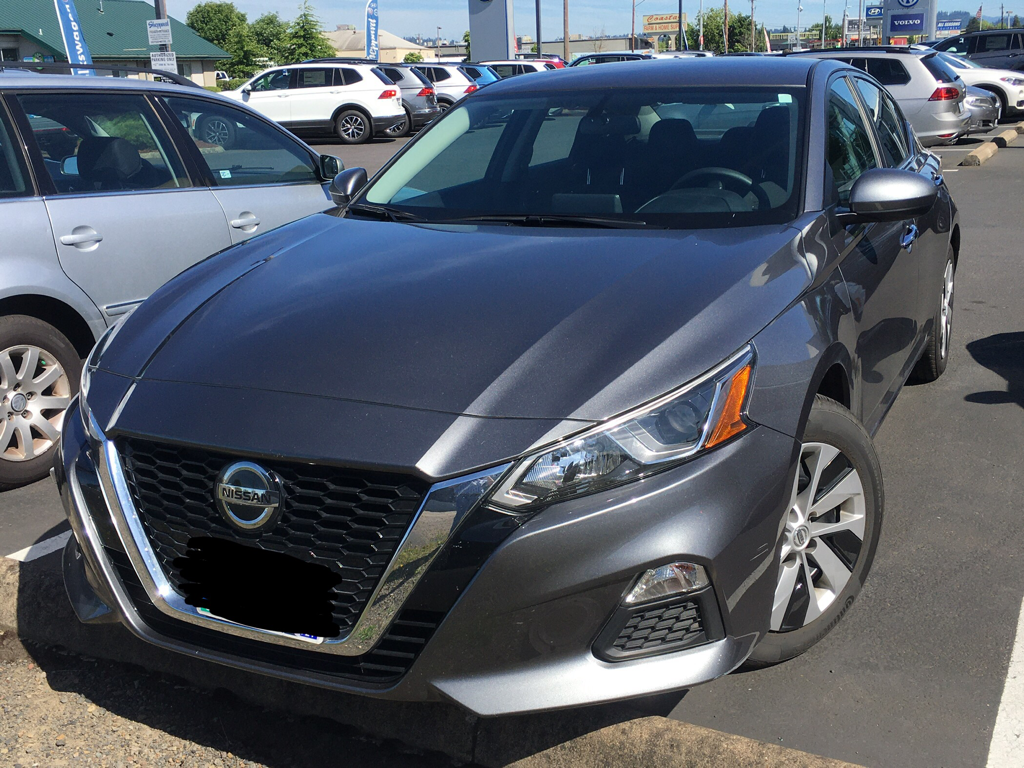
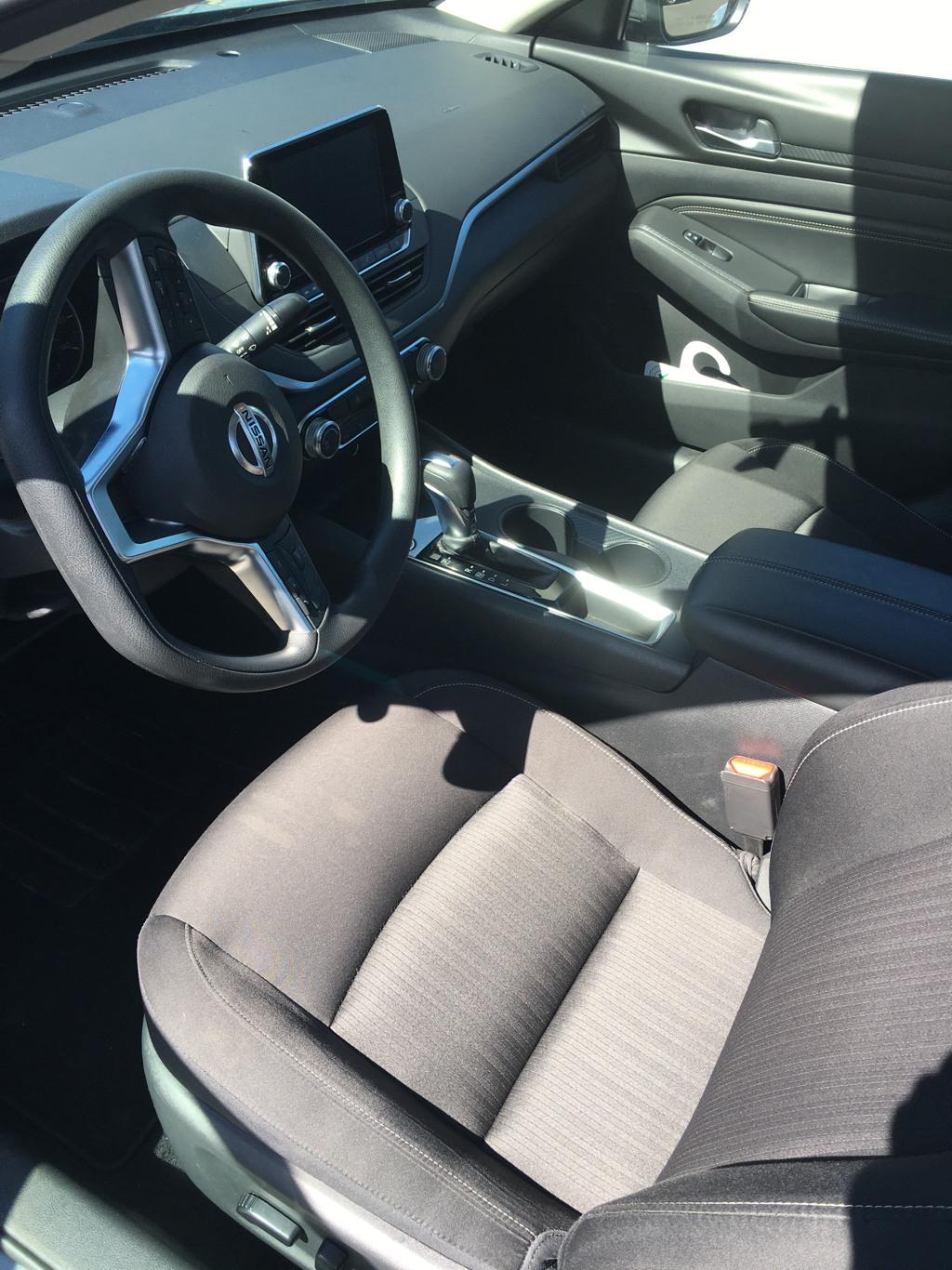
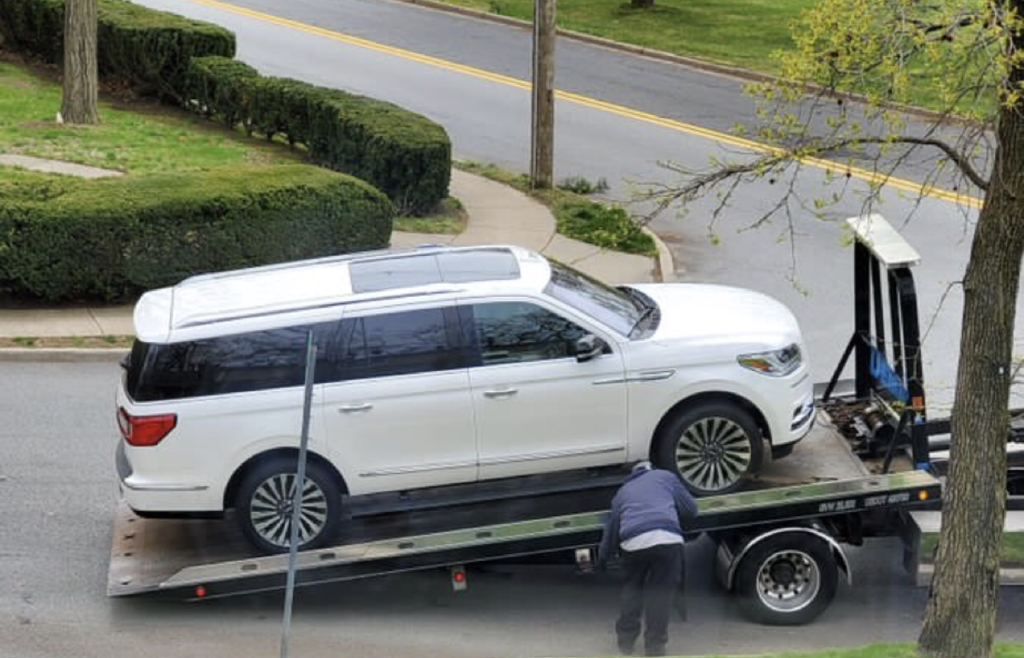
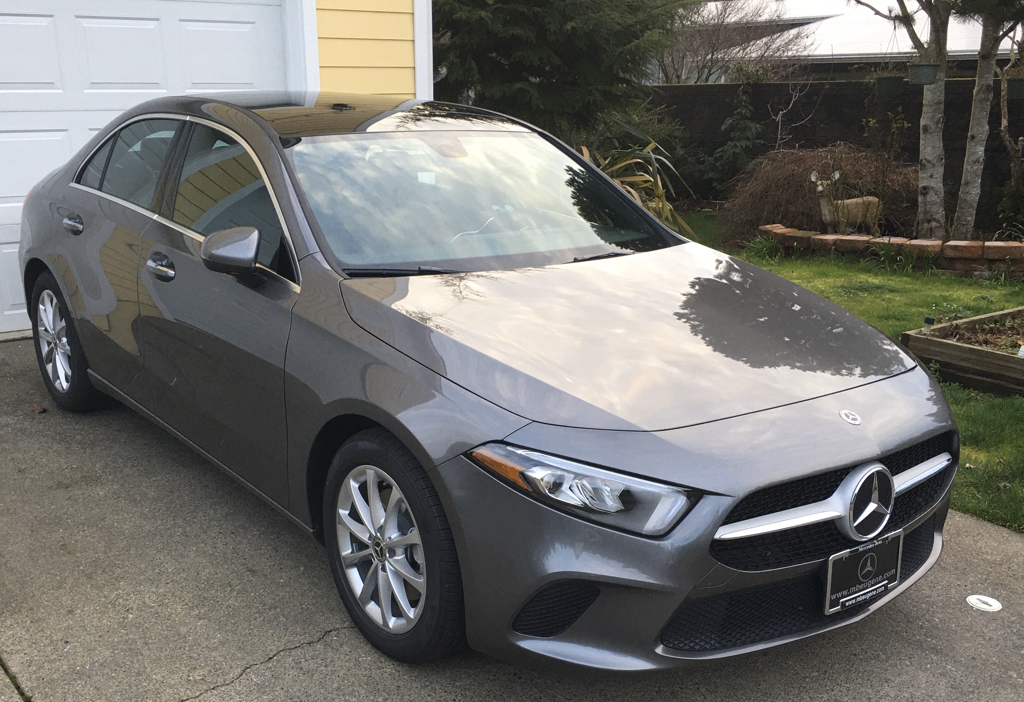
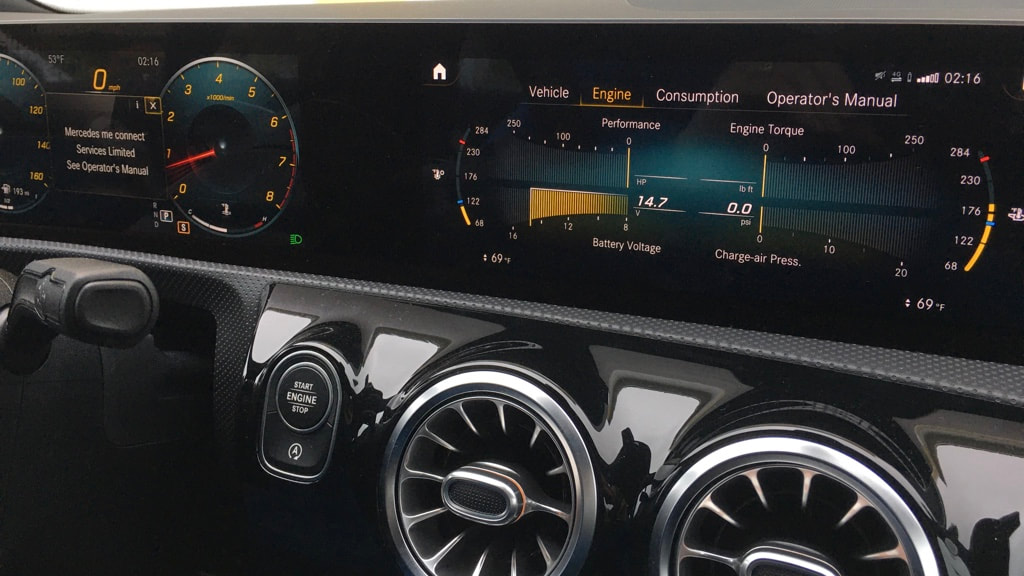

 RSS Feed
RSS Feed

